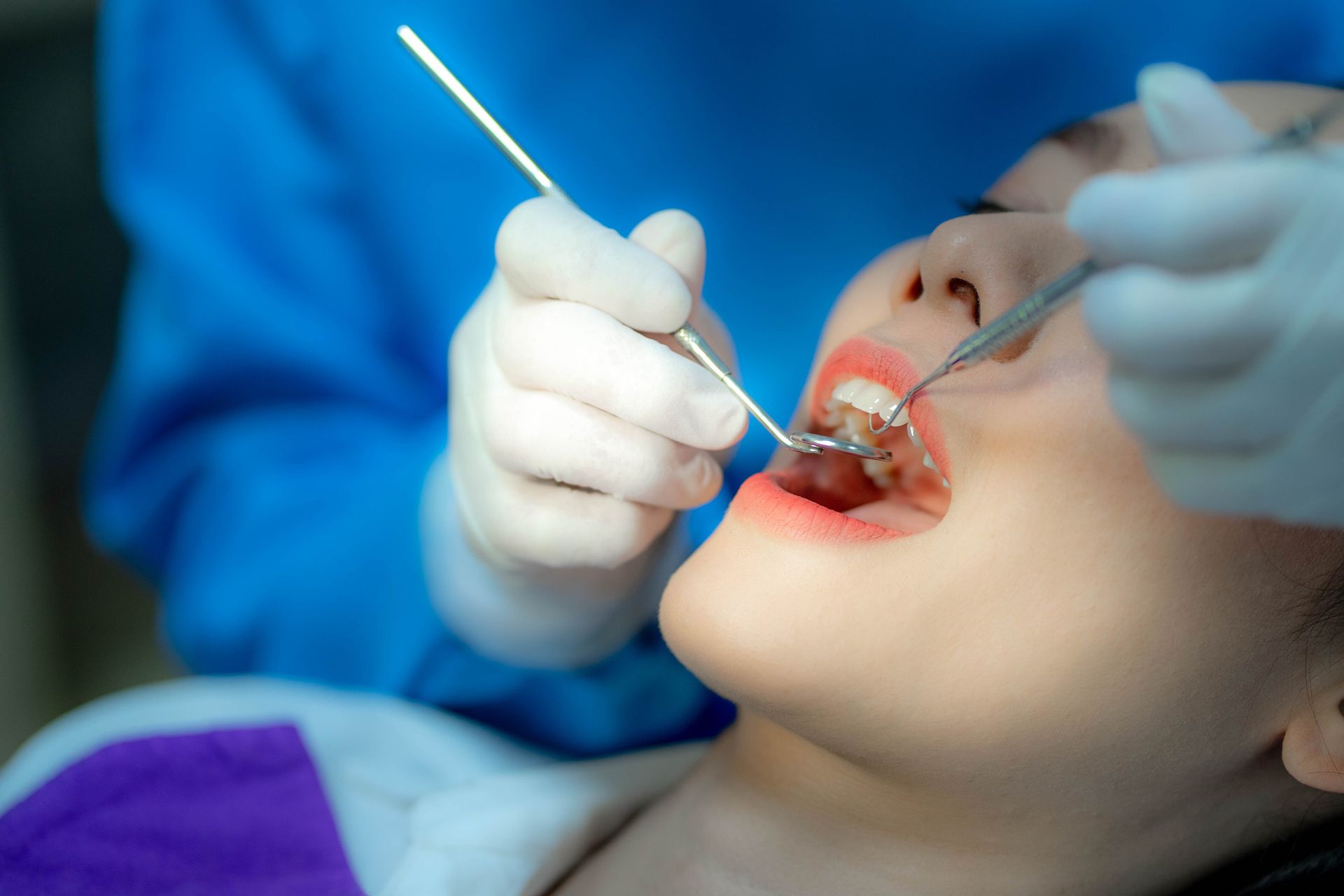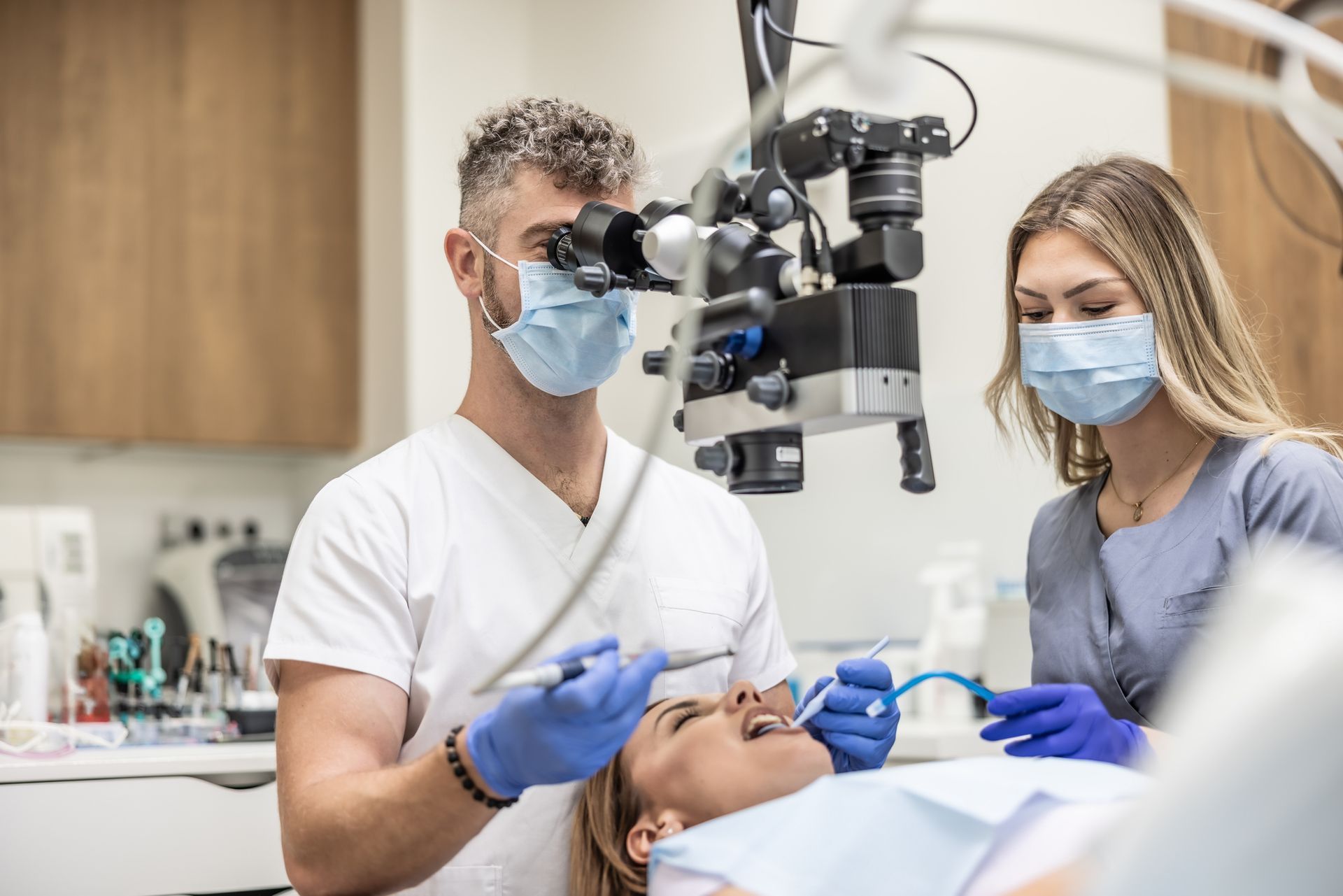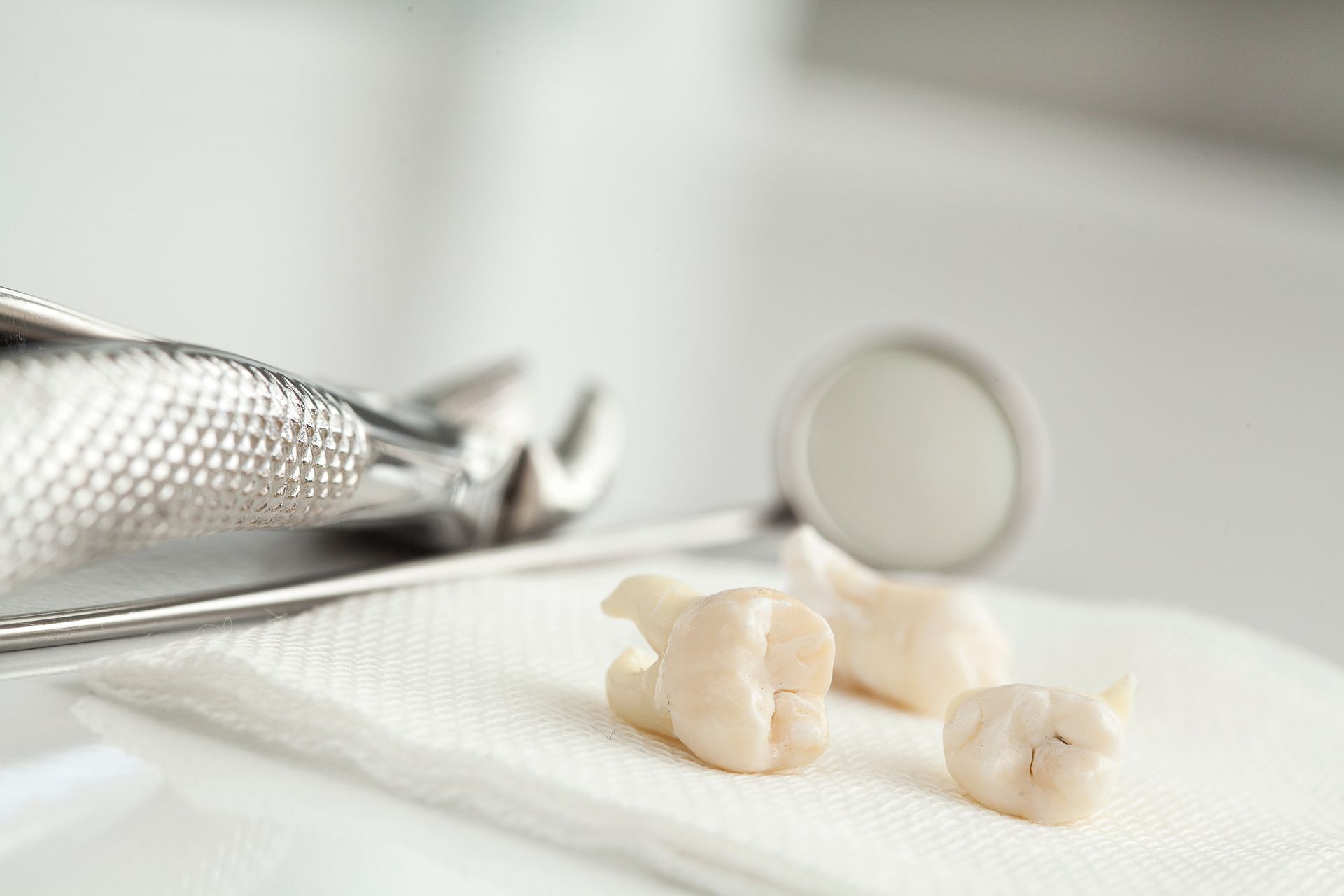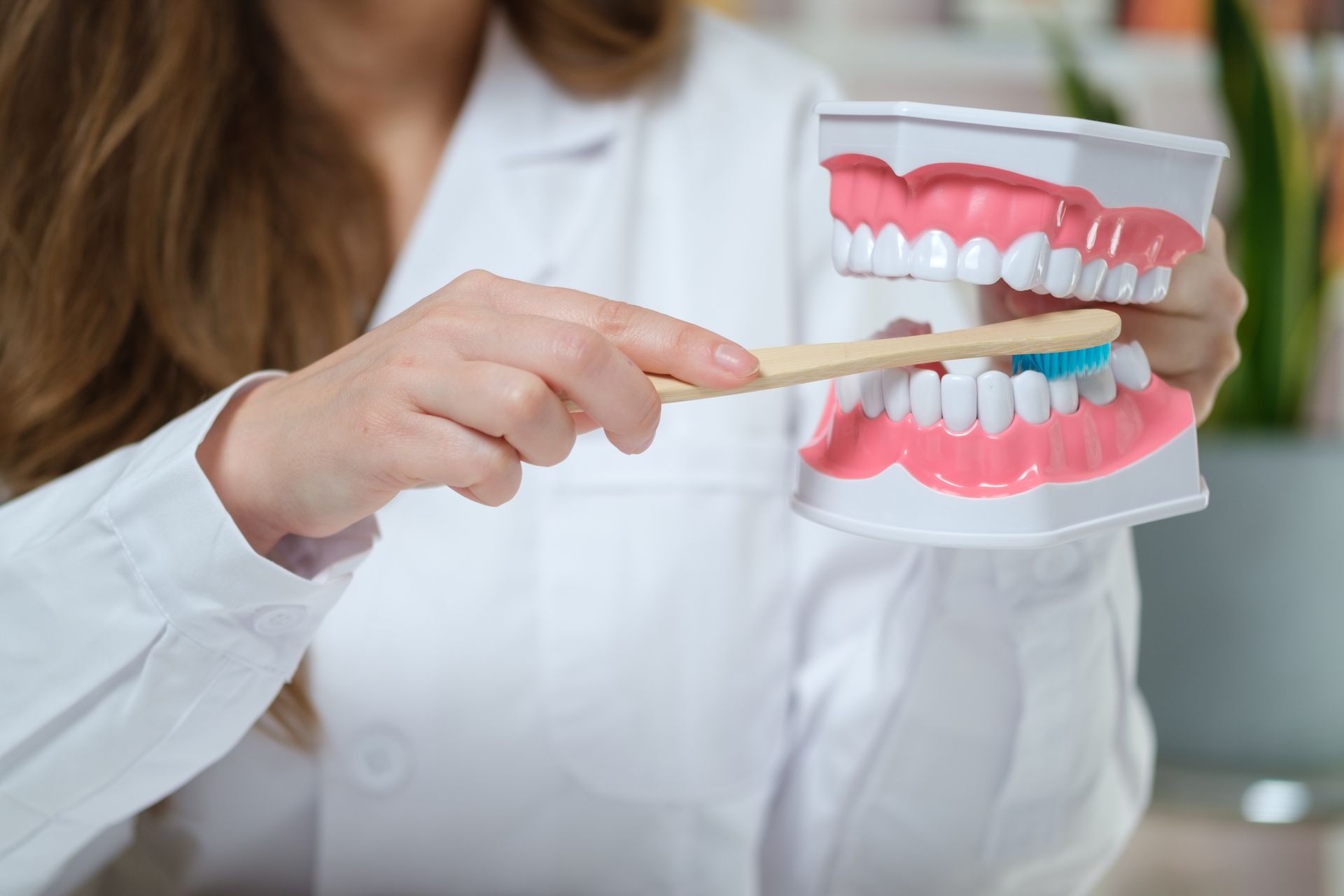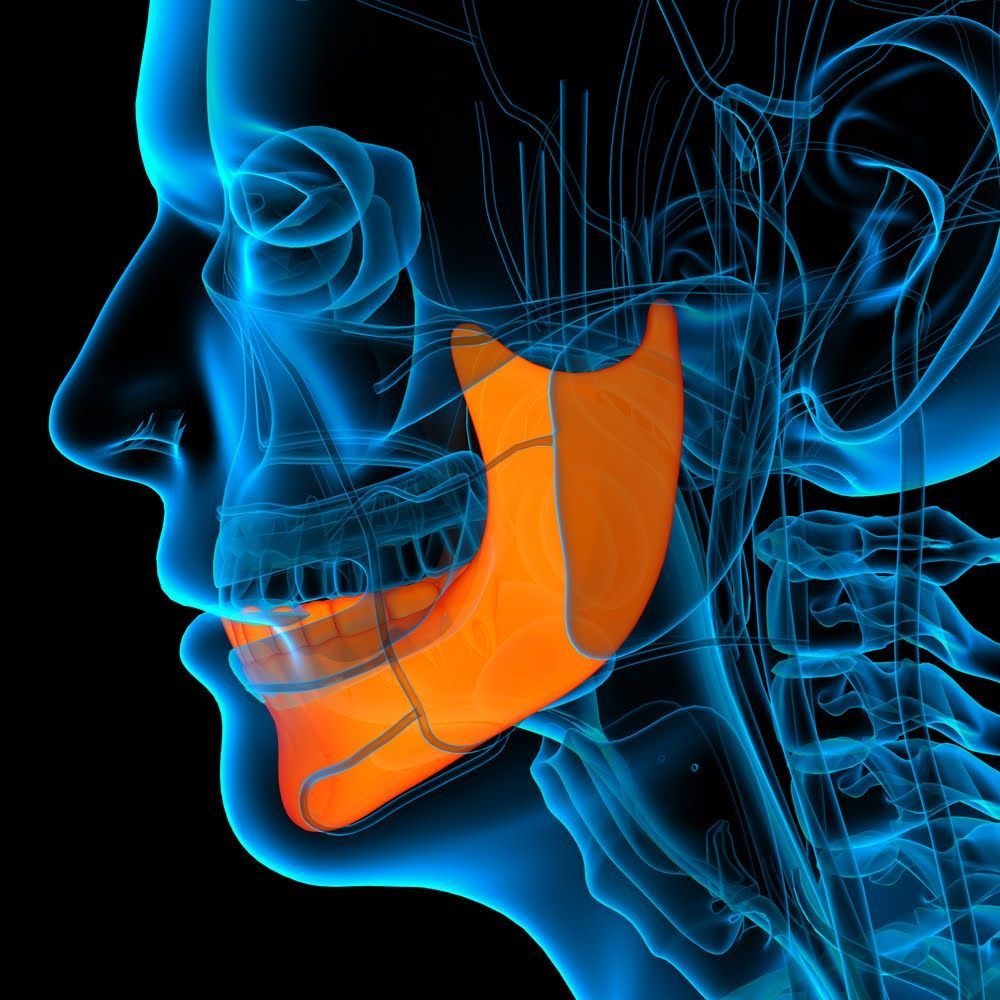4 Causes of Jawbone Atrophy
4 Causes of Jawbone Atrophy
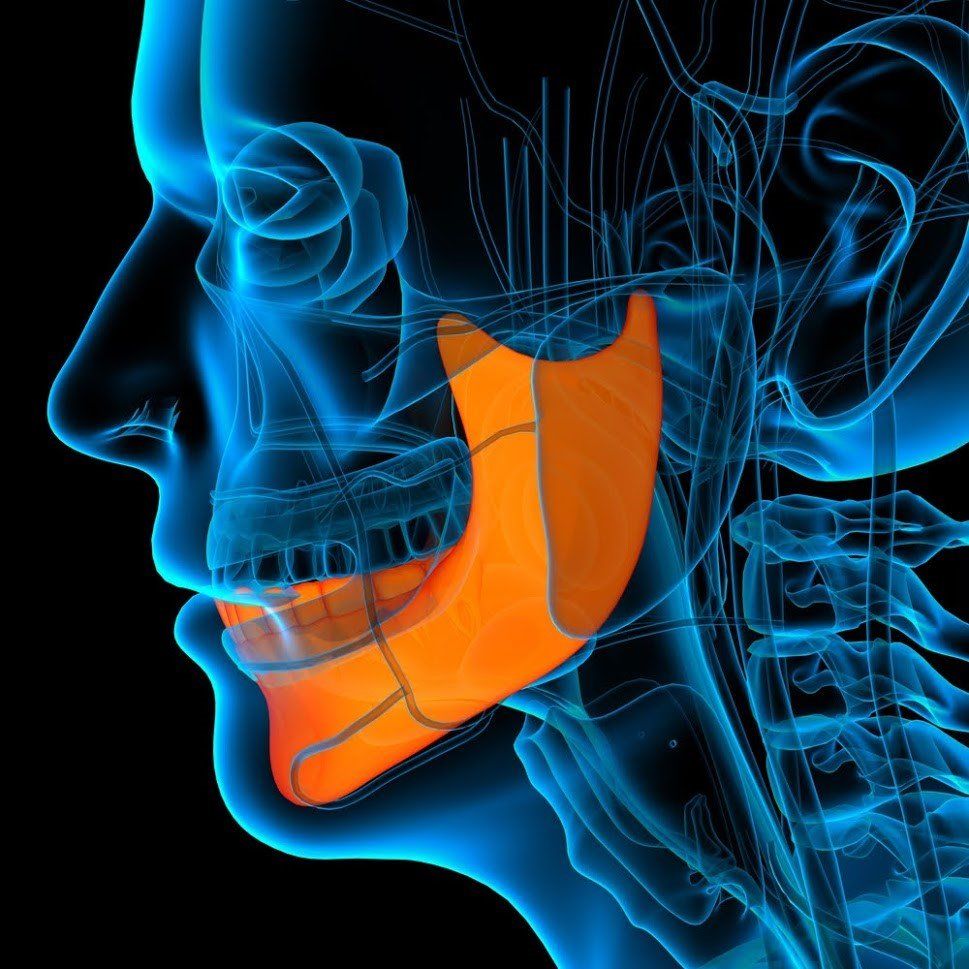
Most people want a beautiful, white, flawless smile. However, with oral health, not just your teeth matter. Your jawbone is the cornerstone of your oral health, and poor hygiene, bad habits, and genetics can negatively affect your jawbone, leading to major oral concerns. If you would like to learn more, check out these four causes of jawbone atrophy.
1. Missing Teeth
Your jawbone and teeth have a symbiotic relationship. Your jawbone gives the teeth enough stability to bite and chew, and pressure on teeth from these actions stimulates the jawbone, reinforcing it. If you only have one missing tooth, the jawbone will only shrink in that area. However, if it shrinks enough, it loses the strength to support a dental implant in the future.
If multiple teeth are missing, however, this can drastically change the shape of your jawbone. In fact, during the first year after a tooth is lost, the bone volume decreases by 25 percent. Ultimately, this increases the risk of more teeth falling out, and the loss of bone volume can literally change the shape of your face.
If you replace missing teeth with dental implants, however, they pick up where your tooth left off, keeping the jawbone strong. However, because they don't stimulate the gums and jawbone, bridges and dentures usually won't keep your jawbone strong.
2. Periodontal Disease
Periodontal disease often starts as gingivitis, which is reversible if you and your dentist keep your teeth and gums clean. Treatment may involve deep cleaning under the gumline and antibiotics to fight the infection. However, in severe cases, periodontal disease can advance to periodontitis, which causes more than red, tender gums.
As the disease progresses, it attacks the ligaments that hold teeth in place. This weakens the ligaments and decreases tooth stability. As the disease progresses, the ligaments get weaker and weaker, increasing the risk of tooth loss.
3. Tooth Infection
In many cases, when you have a tooth infection, you know this because it comes with severe pain. However, minor infections may go unnoticed, especially if you skip regular cleanings and exams. One leading cause of tooth infections is poor oral hygiene, but other causes include trauma, grinding teeth, and gum disease.
In severe cases, the infection can spread to the gums and jawbone. In many cases, the infection causes osteomyelitis, which is an infection of the jawbone supporting the tooth. It reduces the blood flow to the bone, which causes it to shrink.
Other symptoms include fever, fatigue, nausea, tenderness, swelling, and lost range of motion. Ideally, this condition is treatable with antibiotics, but many require surgery to remove infected bone, which further shrinks your jawbone.
4. Tumors and Cysts
Tumors and cysts can grow in your jaw for many reasons. For example, a tooth that never fully erupted may end up turning into a dentigerous cyst. Odontomas are incredibly common, and they often pose no symptoms as they weaken your jawbone. These often look like abnormal teeth or calcified tumors, and they can affect tooth development. If teeth don’t develop or erupt correctly, they may not stimulate the jawbone properly.
Odontogenic myxoma is much less common, but it aggressively attacks the jawbone and displaces teeth. Surgical treatment is often necessary. Other types of tumors and cysts include ameloblastoma, central giant cell granuloma, and odontogenic keratocyst.
Keeping a healthy smile isn't just about having straight, white teeth. You need to ensure your jawbone is healthy and strong enough to support the teeth. If you start to lose teeth, you can often expect your jawbone to weaken without assistance from implants. If you would like to learn more, contact us at the San Diego Center for Oral & Maxillofacial Surgery today.


